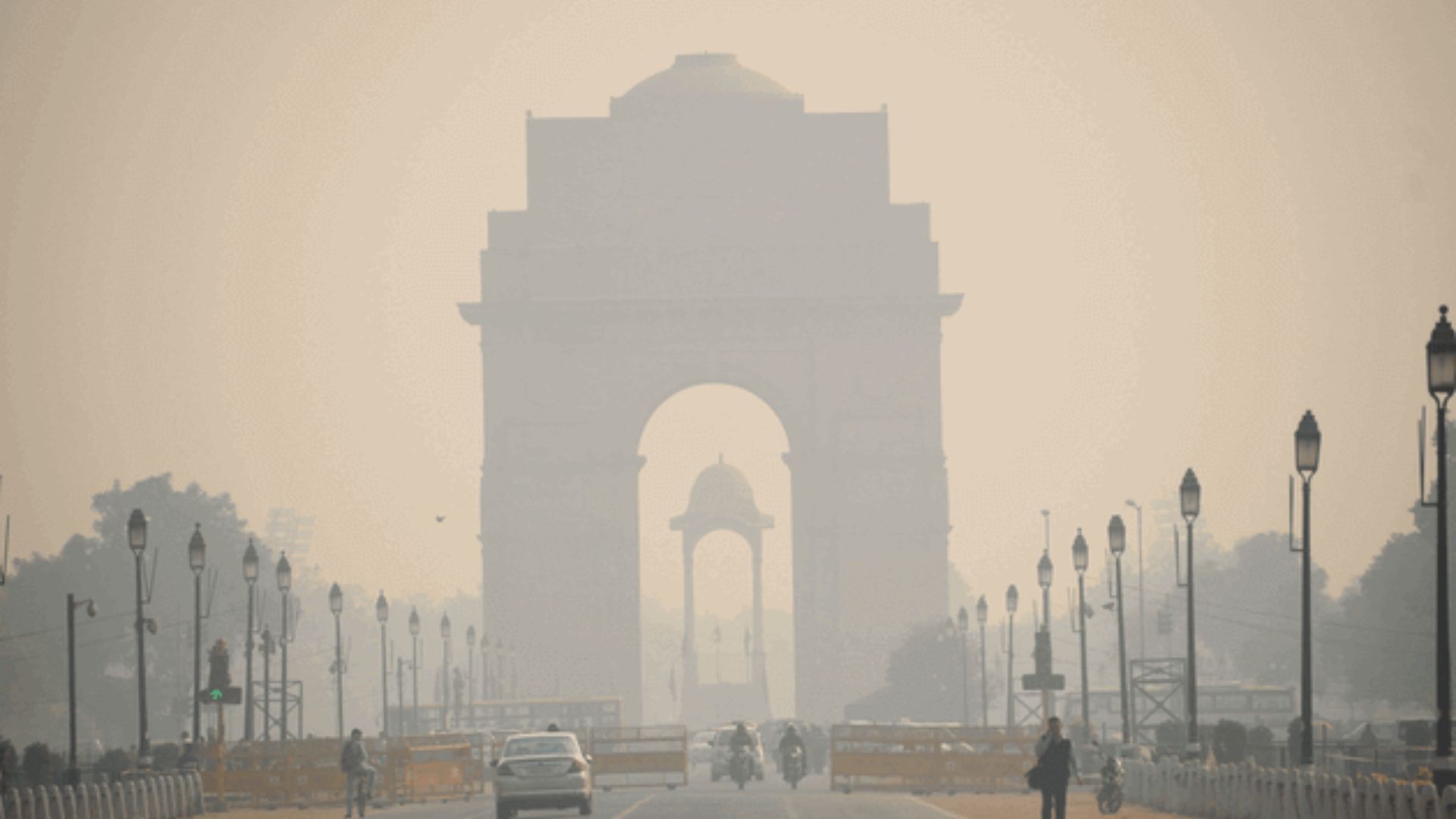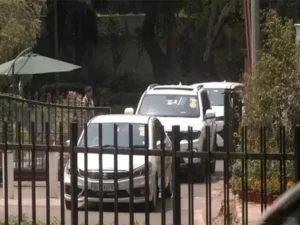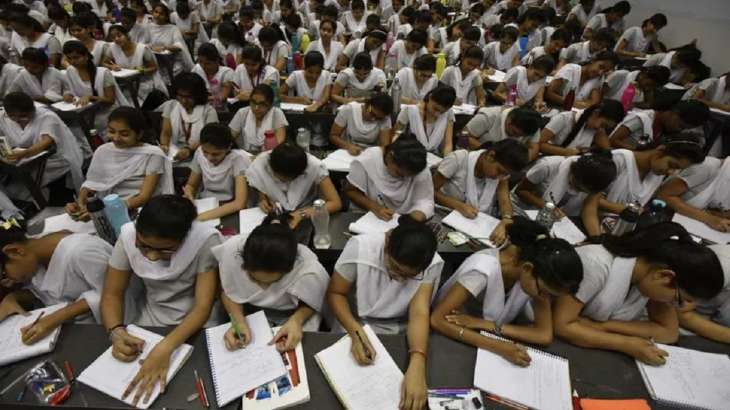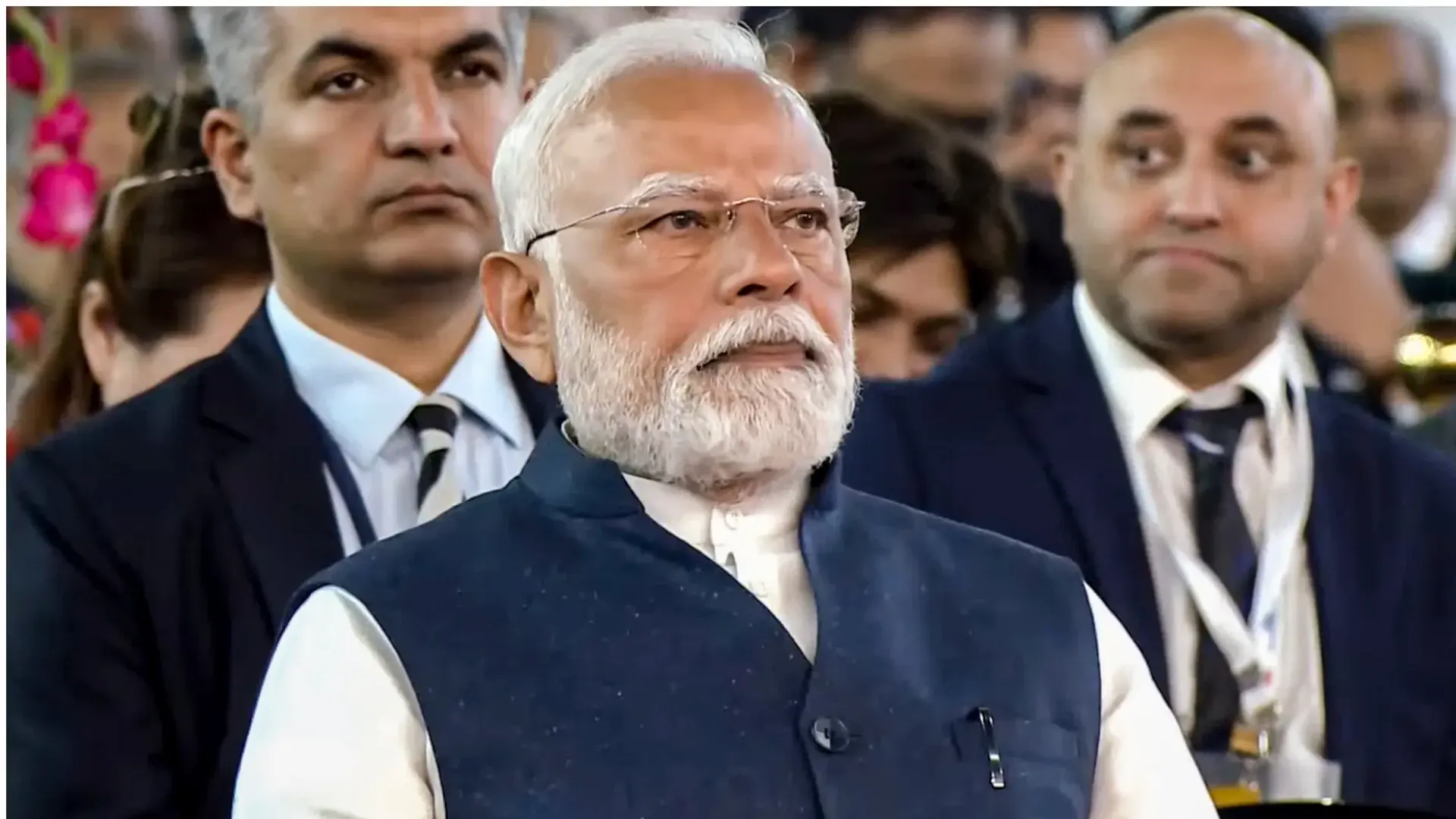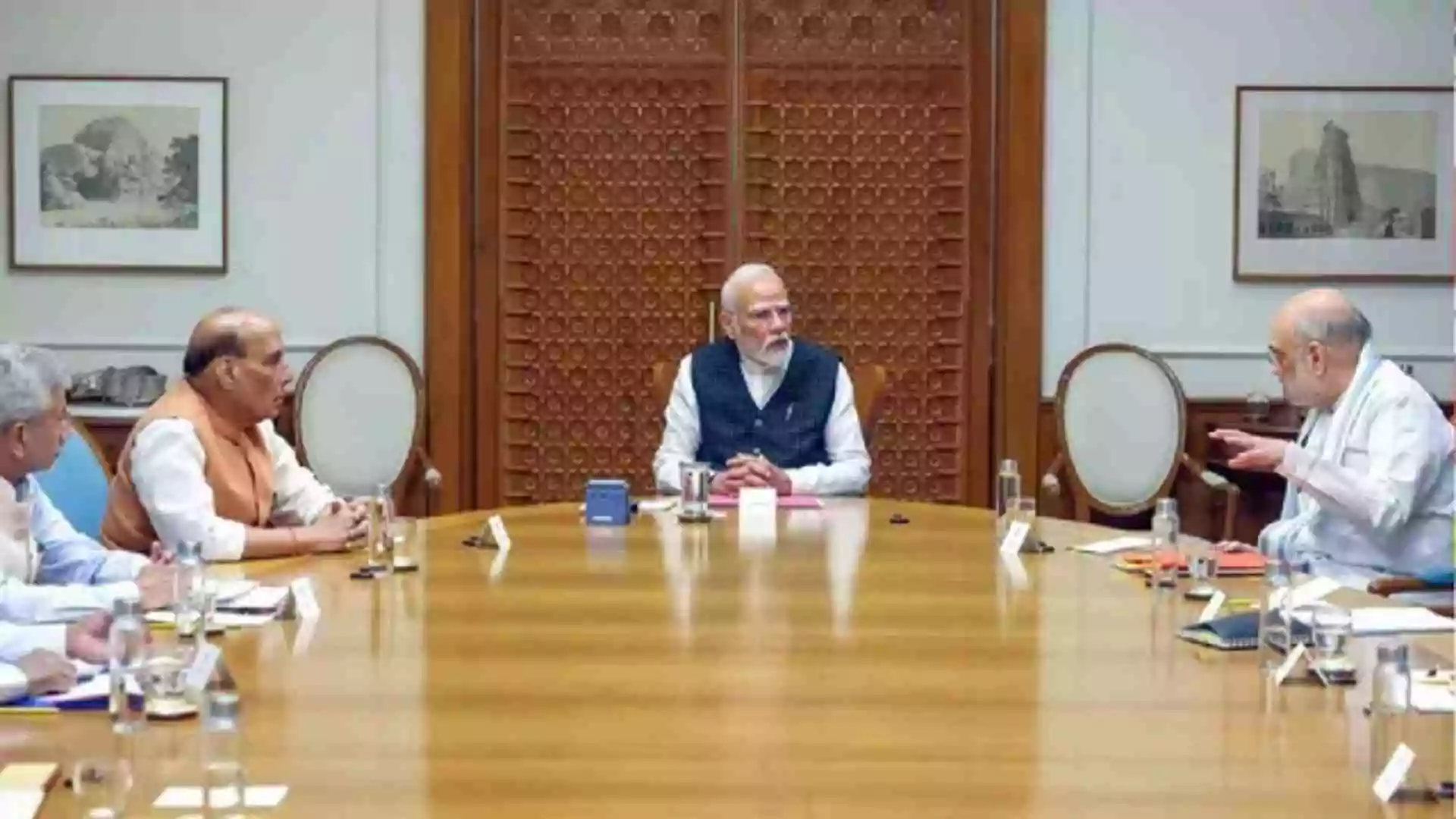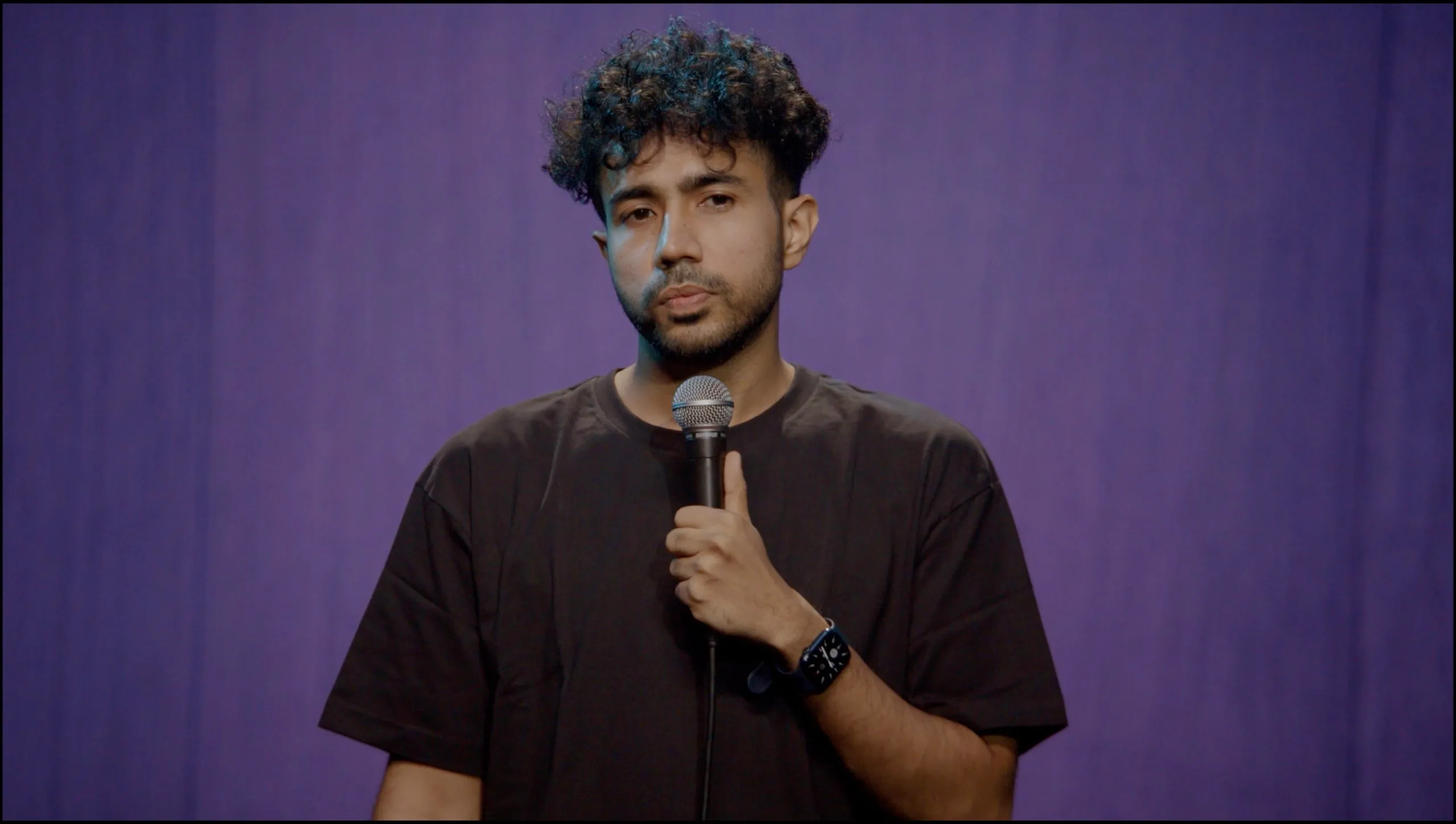Begusarai in Bihar has been identified as the world’s most polluted metropolitan area, while Delhi has been labeled as the capital city with the poorest air quality, according to a recent report. India ranks third in terms of air pollution among 134 countries, with an average annual PM2.5 concentration of 54.4 micrograms per cubic meter in 2023. This is worse than the 2022 ranking, where India was the eighth most polluted country with a PM2.5 concentration of 53.3 micrograms per cubic meter.
Begusarai’s PM2.5 concentration stood out at 118.9 micrograms per cubic meter, marking a significant increase from the previous year. Delhi’s air quality also deteriorated, with PM2.5 levels rising from 89.1 to 92.7 micrograms per cubic meter.
The report highlights that a staggering 1.36 billion people in India are exposed to PM2.5 levels exceeding the WHO’s annual guideline, with 1.33 billion experiencing levels more than seven times higher than the recommended limit. This alarming trend is reflected in city-level data, where over 66% of Indian cities have annual PM2.5 averages surpassing 35 micrograms per cubic meter.
The data for the report was collected from a global network of air quality monitoring stations, including governmental bodies, research institutions, NGOs, and citizen scientists. Air pollution remains a critical global health issue, contributing to an estimated one in every nine deaths worldwide and causing various health complications, from respiratory illnesses to cognitive impairments.


